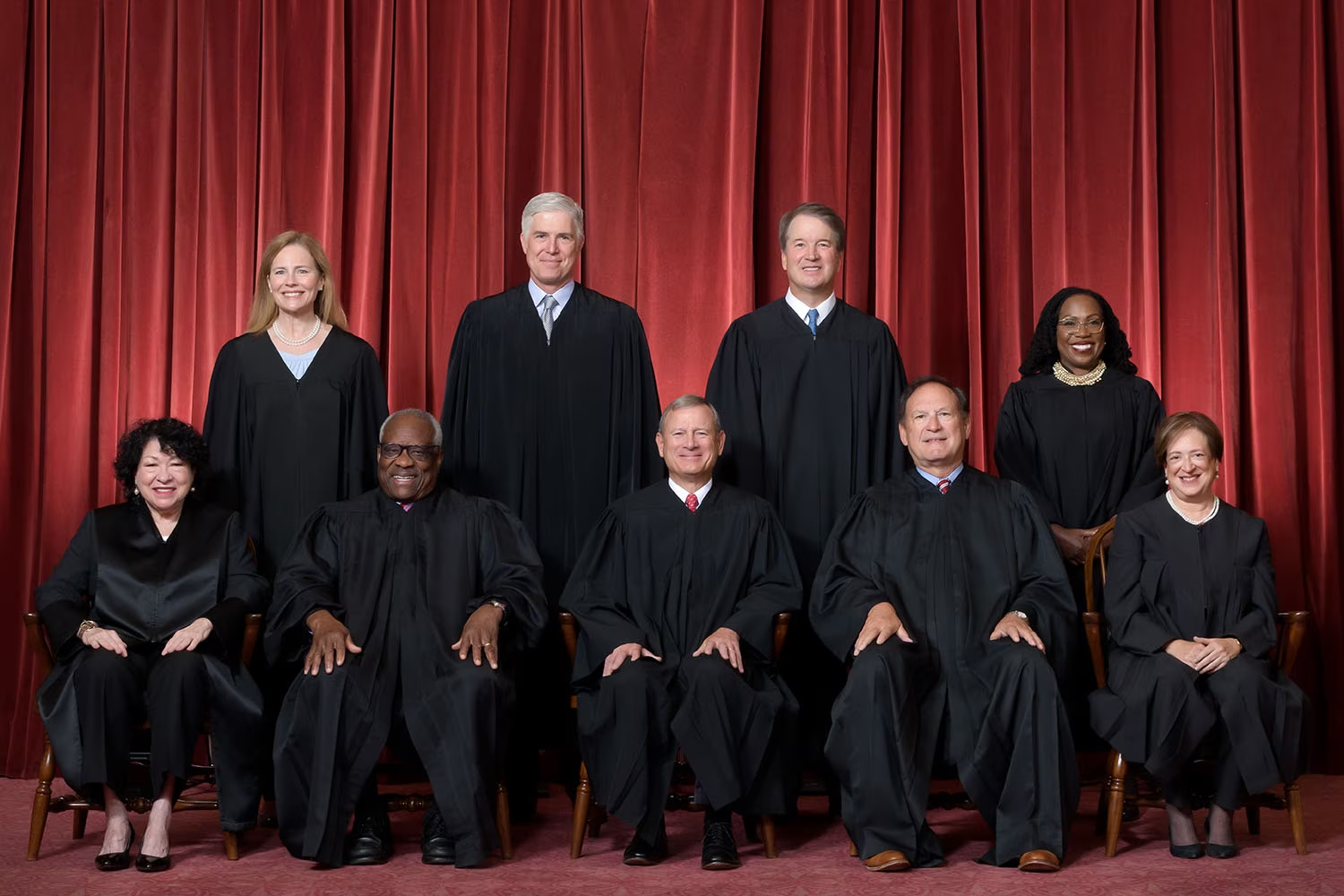A recent Supreme Court decision that substantially narrowed the Environmental Protection Agency’s authority to regulate millions of acres of wetlands is expected to open more land for development.
More than half of the nation’s wetlands could lose protection under the Clean Water Act, according to environmentalists and legal analysts. This concerns water quality advocates who fear the ruling will lead to degraded water supplies.
From a developer’s perspective, projects will have fewer regulatory hurdles to overcome, making them faster to move from conception to construction. This could make new housing developments more financially viable during a time of acute housing shortages in many areas of the U.S., they point out.
The case, Sackett v. Environmental Protection Agency, involved an Idaho couple who tried to build a house on property they’d purchased. The couple filled a soggy part of the property with sand and gravel to prepare for construction. The EPA ordered them to halt construction and return the property to its original state. The couple then sued the agency.
Related Stories
| Jun 5, 2012
AGC’s Safety and Health Conference focuses on regulations, legislation
More than 150 industry professionals and other attendees will participate in the Associated General Contractors of America’s (AGC’s) safety and health conference July 11-13 in Washington, D.C.
| Jun 1, 2012
New BD+C University Course on Insulated Metal Panels available
By completing this course, you earn 1.0 HSW/SD AIA Learning Units.
| May 31, 2012
Proposed change in Michigan’s building code would hurt innovation, say critics
Legislation pending before the Michigan Senate would change the law that calls for building codes to be updated every three years to require an update only every six years.
| May 31, 2012
Natural gas industry opposes federal carbon-neutral construction rule
The natural gas industry and some allies are working to block a federal green building rule that was expected to be a national model for carbon-neutral construction.
| May 31, 2012
Lawsuits push the legal boundaries of green building definition
This article explores some legal issues stemming from lawsuits in which plaintiffs have charged developers with not delivering on a promised level of sustainability.
| May 31, 2012
ANSI approves Green Building Initiative’s design standard
The Green Building Initiative (GBI), a Portland, Ore. nonprofit organization, has had its new consensus-based standard for the design, construction, and operations of environmentally friendly buildings approved by the American National Standards Institute (ANSI).
| May 31, 2012
USGBC testing Minnesota buildings to see if they are living up to LEED standards
The Minnesota chapter of the U.S. Green Building Council (USGBC) has teamed up with EnergyPrint, a St. Paul, Minn. energy consulting firm, to study the energy and water use of more than 150 buildings in the state that have LEED certification.
| May 29, 2012
Reconstruction Awards Entry Information
Download a PDF of the Entry Information at the bottom of this page.














